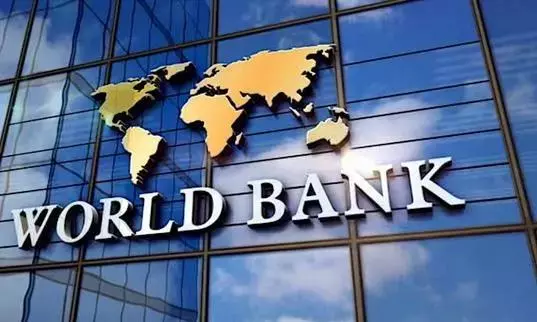
Chennai: While carbon pricing mobilised over $100 billion globally for public budgets in 2024, India is among the few countries which have moved ahead in carbon trading by approving crediting methodologies to offset carbon emissions for renewable energy, green hydrogen production, industrial energy efficiency, and mangrove afforestation and reforestation, finds the World Bank.
Carbon pricing, which covers around 28 per cent of global emissions, mobilized over $100 billion for public budgets in 2024.
By 2030 a global investment of $6.3 to $6.7 trillion per year is needed to support decarbonization, build resilience to rising impacts of climate change, and protect nature and biodiversity. Around $2.4 trillion of this must go toward emerging markets and developing economies other than China.
More countries, including Brazil, India, and Türkiye, are moving forward with domestic carbon pricing frameworks.
In July 2024, the Indian government adopted detailed regulations for its planned Carbon Credit Trading Scheme, a rate-based ETS covering an initial nine energy-intensive industrial sectors. The program will issue carbon credit certificates to covered facilities that outperform an emissions intensity benchmark. A domestic voluntary carbon crediting program is also being developed, which would issue carbon credits for activities and emissions sources not covered by the ETS.
Both India and Türkiye are progressing rate-based ETSs, where total emissions are not capped but individual entities are allocated a performance benchmark that serves as a limit on their net emissions.
On March 28, 2025, the power ministry approved eight crediting methodologies for renewable energy, green hydrogen production, industrial energy efficiency, and mangrove afforestation and reforestation. The gradual transition from the current market-based energy efficiency program, Perform, Achieve, and Trade scheme to these new programs is set to begin in 2025.
The offset mechanism will encourage voluntary participation by entities for developing projects that reduce, remove, or avoid greenhouse gas emissions. This framework enables businesses, industries, and organisations—particularly those not covered under the compliance mechanism, to participate in climate action and receive carbon credits for verified emission reductions. This mechanism will enable India to tap climate change mitigation from sectors not covered under the compliance mechanism and can incentivize actions in such sectors.
According to Suneel K Pandey, vice president, ITC, the power ministry has brought about a platform for carbon trading, but it is limited to industries like energy, cement and paper, which buy credits for their emissions from non-emitting players.






